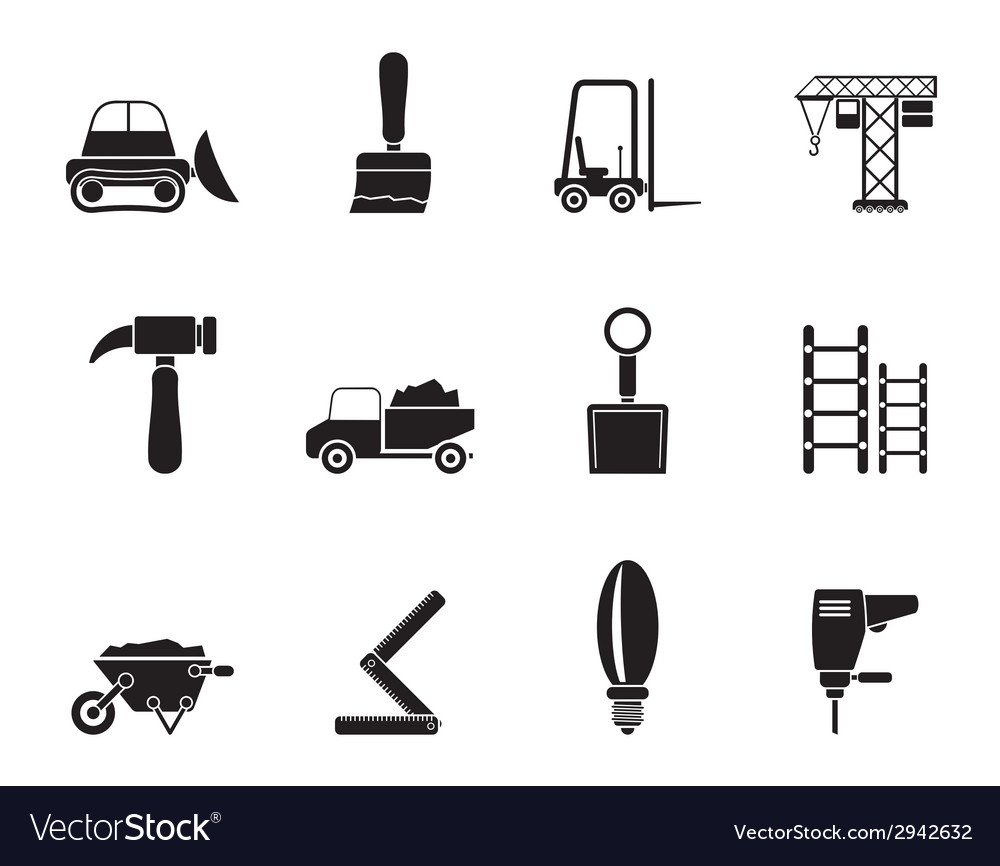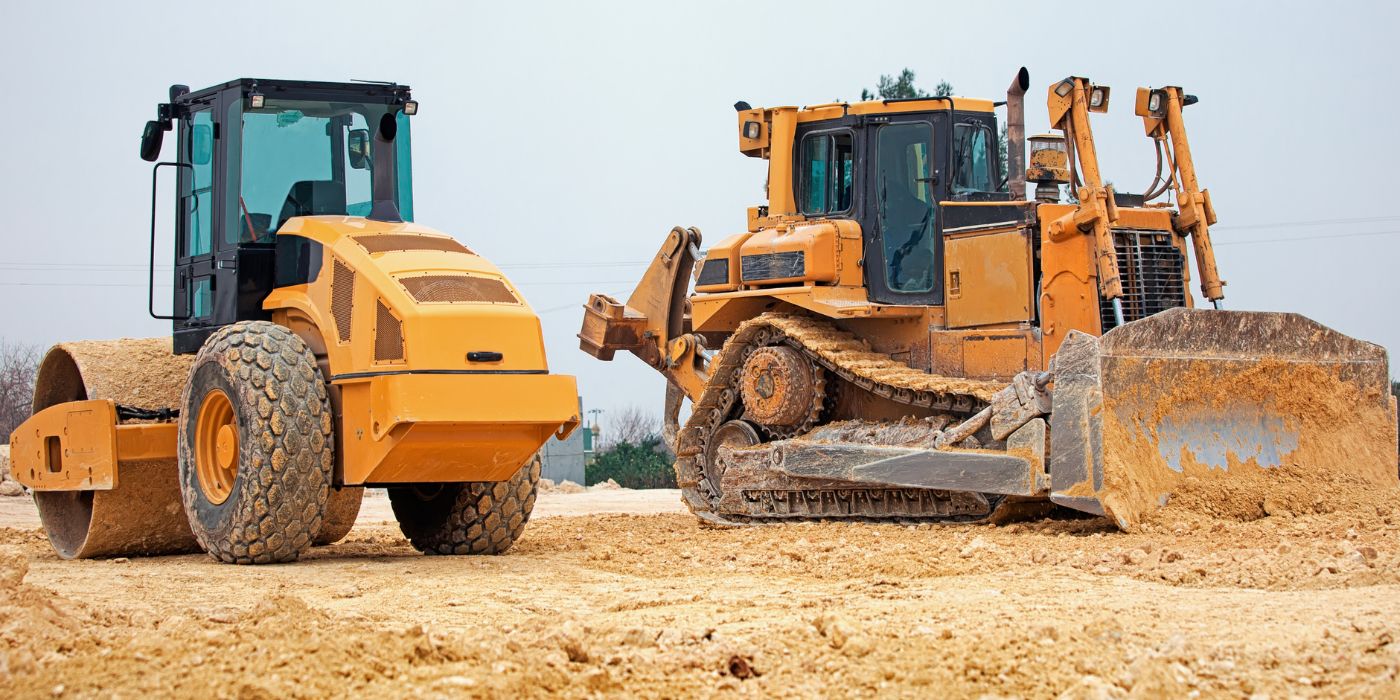Aerial Lift Rental in Tuscaloosa AL: Secure and Efficient High-Reach Equipment
Aerial Lift Rental in Tuscaloosa AL: Secure and Efficient High-Reach Equipment
Blog Article
Exploring the Financial Benefits of Leasing Building Tools Compared to Having It Long-Term
The choice between renting out and having construction tools is critical for economic administration in the sector. Leasing deals instant cost financial savings and operational adaptability, enabling firms to assign sources much more successfully. In contrast, possession comes with significant long-term monetary dedications, including maintenance and devaluation. As professionals evaluate these options, the influence on capital, job timelines, and technology gain access to comes to be increasingly considerable. Recognizing these subtleties is vital, specifically when considering how they line up with details project needs and financial methods. What variables should be focused on to ensure optimal decision-making in this complicated landscape?

Expense Contrast: Leasing Vs. Owning
When reviewing the monetary implications of renting versus having building tools, a complete cost contrast is important for making educated choices. The selection between renting out and owning can dramatically influence a business's lower line, and comprehending the linked costs is vital.
Renting building tools generally includes reduced ahead of time prices, permitting organizations to allocate capital to various other functional requirements. Rental expenses can collect over time, potentially exceeding the expenditure of possession if devices is needed for an extended duration.
Conversely, owning construction tools calls for a significant first financial investment, together with continuous prices such as insurance policy, funding, and depreciation. While ownership can lead to lasting cost savings, it also binds funding and might not supply the same degree of flexibility as leasing. Additionally, possessing equipment demands a commitment to its application, which may not constantly align with task demands.
Inevitably, the decision to lease or own needs to be based on a thorough evaluation of specific project requirements, economic capability, and lasting tactical objectives.

Upkeep Expenses and Responsibilities
The option in between possessing and renting construction equipment not only involves financial considerations however likewise includes continuous maintenance costs and obligations. Having devices needs a considerable commitment to its upkeep, that includes routine inspections, repairs, and potential upgrades. These responsibilities can promptly gather, bring about unanticipated expenses that can strain a budget.
In contrast, when renting out tools, maintenance is usually the responsibility of the rental company. This setup enables specialists to avoid the financial worry connected with wear and tear, as well as the logistical obstacles of scheduling repairs. Rental arrangements commonly include stipulations for maintenance, meaning that service providers can concentrate on completing tasks rather than stressing regarding equipment problem.
Moreover, the varied series of tools offered for rental fee allows firms to select the most recent designs with innovative innovation, which can boost efficiency and performance - scissor lift rental in Tuscaloosa Al. By opting for leasings, businesses can prevent the lasting liability of devices devaluation and the associated maintenance frustrations. Ultimately, examining upkeep expenses and obligations is critical for making an informed decision concerning whether to have or rent out construction devices, substantially influencing overall project expenses and functional performance

Devaluation Effect On Ownership

A considerable aspect to think about in the decision to own building and construction equipment is the effect of depreciation on overall possession expenses. Depreciation stands for the decline in value of the tools gradually, influenced by variables such as usage, wear and tear, and innovations in modern technology. As devices ages, its market price reduces, which can considerably affect the proprietor's financial placement when it comes time to offer or trade the tools.
For building business, this devaluation can equate to considerable losses if the tools is not made use of to its greatest potential or if it lapses. Owners must account for depreciation in their economic estimates, which can bring about greater overall prices contrasted to renting out. In addition, the tax obligation effects of devaluation can be complicated; while it may offer some tax advantages, these are often offset by the reality of reduced resale worth.
Inevitably, the problem of depreciation emphasizes the importance of understanding the lasting monetary commitment involved in possessing building and construction devices. Companies have to meticulously examine how frequently they will certainly utilize the devices and the possible monetary impact of devaluation to make an educated decision concerning ownership versus renting out.
Monetary Flexibility of Renting Out
Renting building and construction devices offers substantial financial adaptability, allowing firms to assign sources much more successfully. This versatility is specifically important in an grain bin builders near me industry defined by rising and fall job needs and varying workloads. By deciding to rent, organizations can avoid the considerable resources outlay needed for acquiring equipment, protecting capital for various other functional needs.
Furthermore, renting out equipment allows business to customize their equipment choices to certain task requirements without the long-term commitment connected with possession. This means that companies can quickly scale their tools supply up or down based upon expected and present task demands. Subsequently, this flexibility reduces the risk of over-investment in machinery that may end up being underutilized or outdated with time.
One more monetary benefit of renting out is the capacity for tax advantages. Rental settlements are often taken into consideration operating expenditures, permitting instant tax obligation reductions, unlike depreciation on owned tools, which is spread over several years. scissor Resources lift rental in Tuscaloosa Al. This prompt cost recognition can further enhance a business's cash money position
Long-Term Task Factors To Consider
When assessing the lasting needs of a building business, the decision in between renting out and owning equipment ends up being extra complex. For jobs with prolonged timelines, acquiring equipment may seem useful due to the potential for lower general expenses.
The construction industry is evolving swiftly, with brand-new devices offering improved efficiency and safety and security attributes. This versatility is especially useful for companies that handle varied jobs requiring various kinds of equipment.
In addition, economic stability plays an important function. Owning tools usually involves significant capital expense and depreciation problems, while renting out permits even more predictable budgeting and capital. Ultimately, the choice between having and leasing must be straightened with the strategic objectives of the building business, thinking about both awaited and current job demands.
Final Thought
To conclude, renting out building equipment offers substantial financial benefits over long-lasting possession. The reduced in advance expenses, elimination of upkeep obligations, and avoidance of devaluation contribute to boosted money flow and financial versatility. scissor lift rental in Tuscaloosa Al. Moreover, rental repayments function as prompt tax deductions, further profiting professionals. Inevitably, the decision to rent out rather than very own aligns with the dynamic nature of building tasks, permitting adaptability and access to the newest equipment without the economic concerns associated with ownership.
As equipment ages, its market value lessens, which can considerably affect the proprietor's monetary setting when it comes time to sell or trade the equipment.
Renting construction tools uses considerable financial adaptability, enabling companies to allot resources more successfully.Furthermore, renting tools allows companies to customize their equipment selections to particular task demands without the long-term dedication associated with possession.In conclusion, renting out construction tools provides significant monetary benefits over long-lasting possession. Ultimately, the choice to rent check out this site rather than very own aligns with the dynamic nature of building and construction projects, enabling for flexibility and access to the most recent equipment without the monetary burdens connected with possession.
Report this page